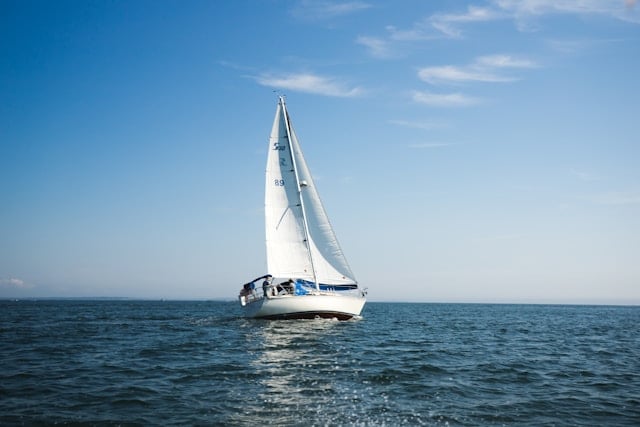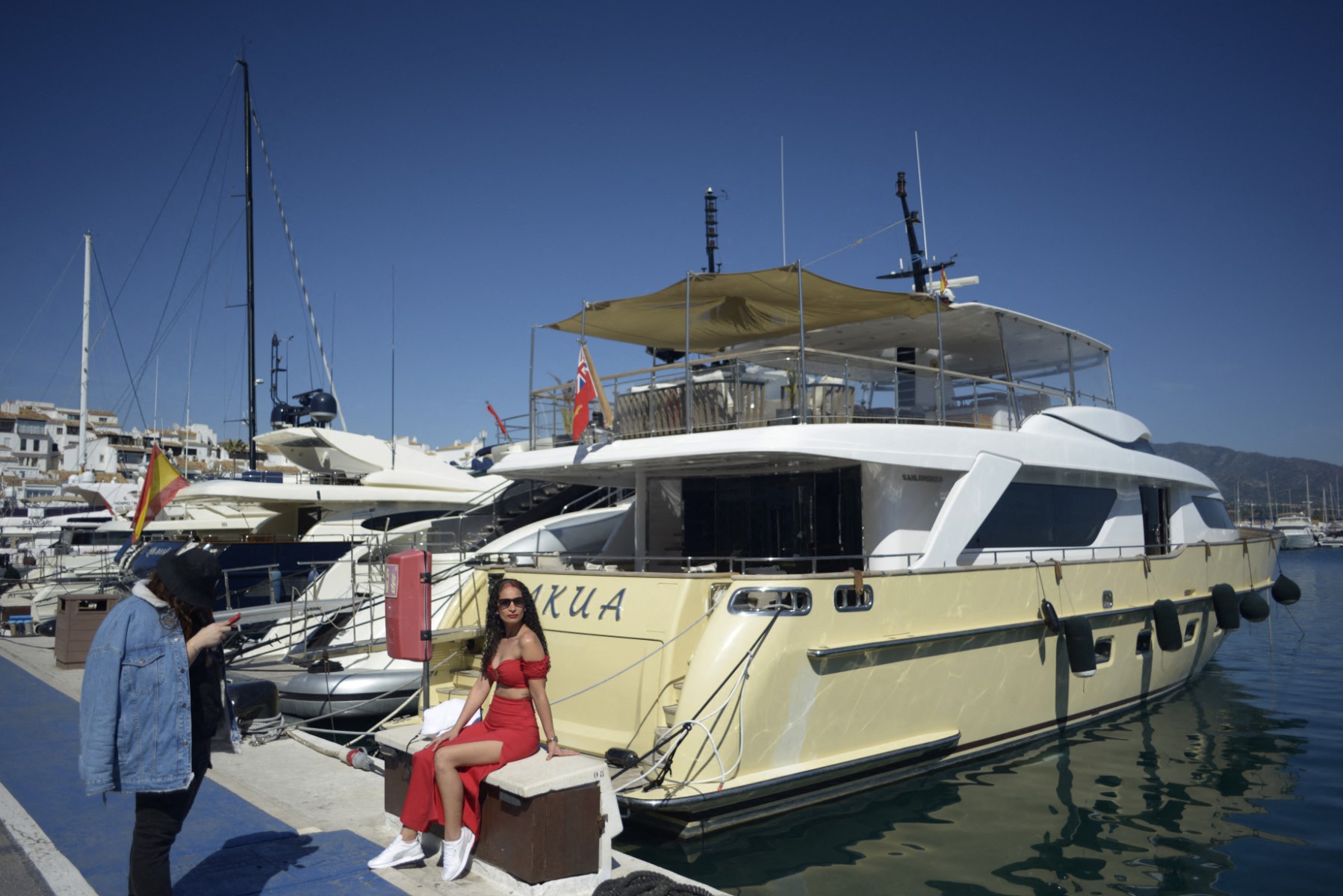While many concerts and music festivals have been cancelled over the past two years due to the ongoing Covid-19 pandemic, it seems that in 2022 there are a lot that are back on, with bands and musicians having rescheduled and others announcing new tours.
Many of Spain’s best music festivals are also back on for 2022 including Sónar, FIB Benicàssim, D-Code Festival and the Festival Jardins Pedralbes.
Currently, masks are required both in indoor public spaces and outdoors in Spain, where a distance can’t be maintained between people. Unless the situation changes, this means that it’s likely you will have to wear a mask during most of these concerts.
Some regions may also require you to show a Covid certificate in order to enter the venue. Find out all the regions that currently require you to show them and where HERE.
Remember that due to the rapid change in the situation because of the ongoing Covid-19 pandemic, it’s impossible to know if all of them will go ahead or not, so keep an eye out on the official websites you book on for updates.
January
Benidorm Fest (Benidorm)
February
Bryan Adams (Madrid and Barcelona)
The Lumineers (Madrid)
André Rieu (Madrid and Barcelona)
Harry Styles (Madrid)
March
Franz Ferdinand (Madrid, Barcelona and Bilbao)
Van Morrison (Madrid)
POPFEST (Madrid)
Band of Horses (Barcelona and Madrid)
The 1975 (Madrid and Barcelona)
Idels (Bilbao, Barcelona and Madrid)
Texas (Madrid)
April
Evanescence (Madrid)
Maluma (Madrid)
Counting Crows (Barcelona, Madrid and Bilbao)
EELS (Barcelona, Vigo and Madrid)
May
Shawn Mendes (Madrid, Barcelona and Bilbao)
Warm Up festival (Murcia)
Puro Reggaeton Festival (Madrid)
June
Dua Lipa (Barcelona and Madrid)
Marc Anthony (several cities)
Aerosmith (Madrid)
Andrés Calamaro (Madrid)
Alejandro Sanz (several cities)
Alicia Keys (Madrid and Barcelona)
Foo Fighters (Madrid and Valencia)
Red Hot Chili Peppers (Seville and Barcelona)
Primavera Sound (Barcelona) – Massive Attack, The Strokes, Gorillaz
Sónar (Barcelona) – Bonobo, Moderat, The Chemical Brothers
Azkena Rock Festival (Vitoria-Gasteiz) – Patti Smith and Band, The Offspring, Suzi Quatro
Guns N’ Roses (Seville)
FIB Benicàssim – Kasbian, Justice and Two Door
Festival Jardins Pedralbes (Barcelona) – Patti Smith, Madness, James Blunt and Nile Rodgers
Love the 90’s festival (Madrid) – Alexia, Snap!, 2 Unlimited, Jenny from Ace of Base
July
Alejandro Fernández (Madrid, A Coruña, Santa Cruz de Tenerife)
Mad Cool Festival (Madrid) – Metallica, Florence & The Machine, Kings of Leon
Viña Rock (Madrid) – Zoo, Mafalda, Little Pepe
BBK Live (Bilbao) – Placebo, The Killers, Pet Shop Boys
Big Sound Festival (Valencia) – Nicky Jam, Bad Gyal, Lola Índigo
Queen and Adam Lambert (Madrid)
Iron Maiden (Barcelona)
August
Enrique Bunbury (various)
Sonorama (Aranda del Duero)
Arenal Sound (Castellón) – C. Tanga, Dimitri Vegas & Like Mike, Jaime Lorente
Limp Bizkit (Madrid)
September
D-Code festival (Madrid) –
Ara Malikian (Madrid)
Michael Kiwanuka (Barcelona, Zaragoza, Madrid and Vigo)
Morat (Barcelona, Madrid, La Rioja and Bilbao)
October
The Weeknd (Madrid and Barcelona)
Swedish House Mafia (Madrid)
November
The Cure (Madrid and Barcelona)
Bon Iver (Barcelona, Madrid
December
Joan Manuel Serrat (Madrid)




 Please whitelist us to continue reading.
Please whitelist us to continue reading.
Member comments